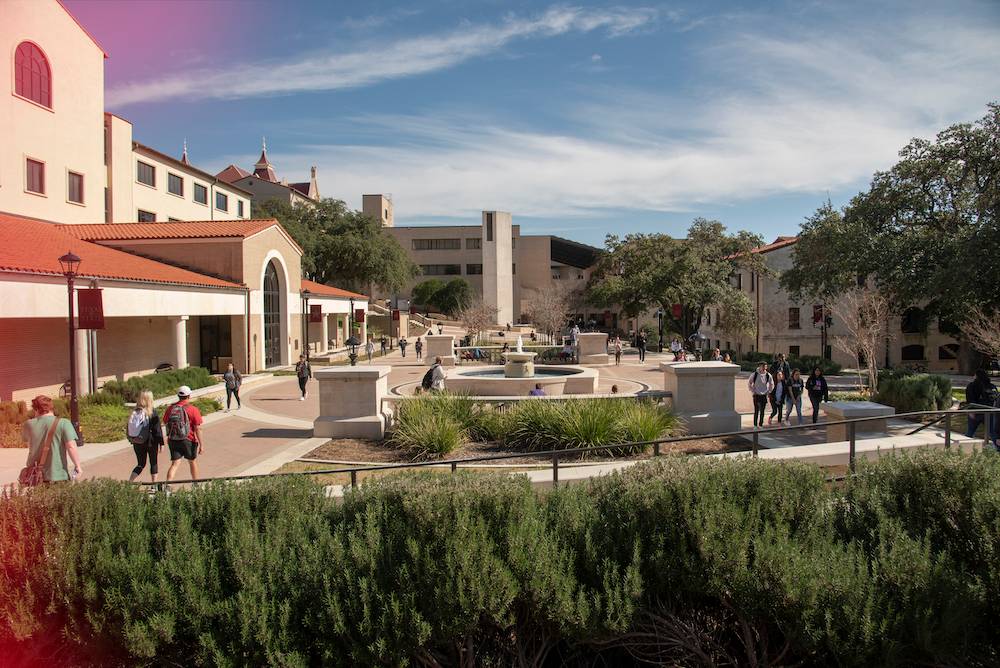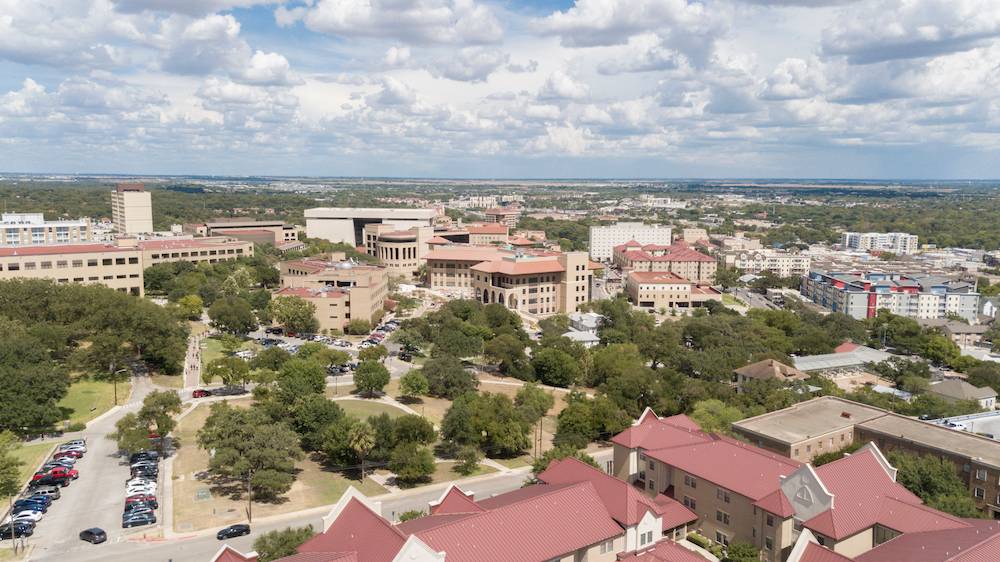Biography and education
After graduating from Stanford University with a degree in English Literature, I spent five years in the National Football League, playing for the Indianapolis Colts, San Francisco Forty Niners, Cincinnati Bengals, and Washington football team.
I then spent twelve years as a features writer for Espn the Magazine. I also created a column called “AG Raw,” a weekly exploration of sport and culture. I have written literary critiques on the works of Flannery O’Connor and Cormac McCarthy. I have also contributed to the Hollywood Reporter and Yahoo Sports.
In 2002, I wrote a book called Return to Glory, the story of Tyrone Willingham’s first season as Notre Dame’s first ever Black coach.
I’ve been a guest lecturer at Indiana University, the City College of New York, Boston College, and the University of North Carolina, Asheville. Topics have included how to maintain integrity in reporting, techniques for writing the technical essay, and race in sport.
I was also an instructor for the National Football League’s Journalism Boot camp—a three-day seminar for current and former players who aspire to careers in mass media.
I have a master’s degree in Communication Studies from Texas State University and a PhD in Communication Studies from Texas A&M University.
I then spent twelve years as a features writer for Espn the Magazine. I also created a column called “AG Raw,” a weekly exploration of sport and culture. I have written literary critiques on the works of Flannery O’Connor and Cormac McCarthy. I have also contributed to the Hollywood Reporter and Yahoo Sports.
In 2002, I wrote a book called Return to Glory, the story of Tyrone Willingham’s first season as Notre Dame’s first ever Black coach.
I’ve been a guest lecturer at Indiana University, the City College of New York, Boston College, and the University of North Carolina, Asheville. Topics have included how to maintain integrity in reporting, techniques for writing the technical essay, and race in sport.
I was also an instructor for the National Football League’s Journalism Boot camp—a three-day seminar for current and former players who aspire to careers in mass media.
I have a master’s degree in Communication Studies from Texas State University and a PhD in Communication Studies from Texas A&M University.
Teaching Interests
Research Interests
Featured grants
- Grant, Alan Hays. High Impact Grant for the Communication and Journalism Multimedia Sports Curriculum and Fall Sports Broadcast Event, 12th Man, Institutional (Higher Ed), $12000. Grant.

Featured scholarly/creative works
- Grant, A. H. (2003). Return to Glory: the story of Tyrone Willingham’s first season at Notre Dame. Nerw York, NY, United States: Little, Brown, co.
- Grant, A. H. (2002, March 5). “ A Combine Affair,” 1. Retrieved from https://www.espn.com/magazine/grant_20020305.html
Featured awards
- Award / Honor Recipient: Tiffany Honnicut Outstanding Teaching Award, Texas A&M University. April 1, 2023 - May 1, 2023

Featured service activities
- Member
TedX
- Member
Ted X
- Speaker
Texas State Leadership Academy

